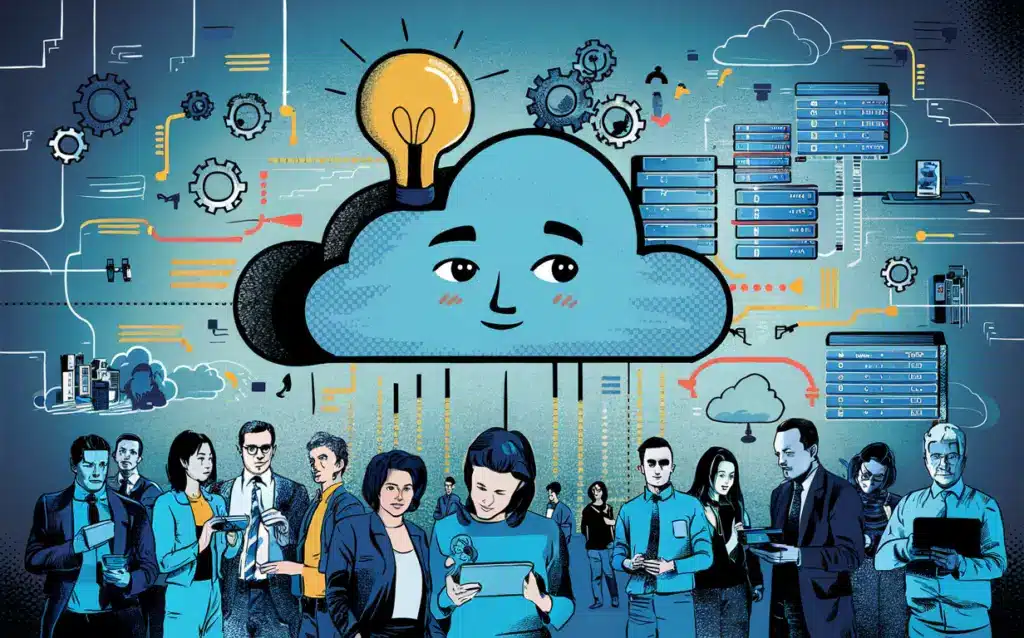The future of on-premise software: why it will never die out
The digital landscape is changing rapidly, and many are talking about the cloud as the new king of software solutions. But while cloud services undeniably have their advantages, there is one true hero of enterprise software that will never be completely eclipsed: on-premise software. These local software solutions are not a relic of times gone by, but still offer numerous advantages that are essential for many companies today. Imagine this: Your sensitive [...]
The future of on-premise software: why it will never die out Read more »
















